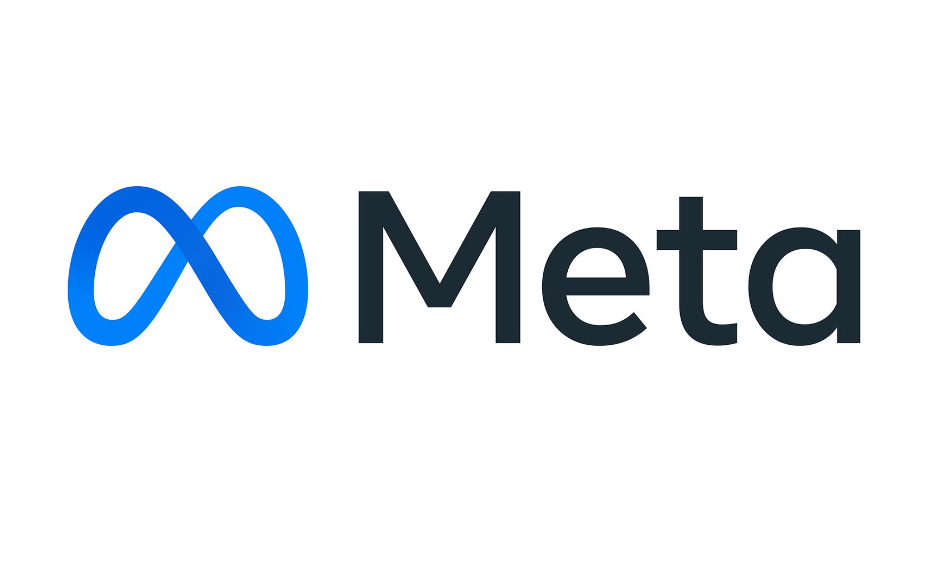Recently, Meta CEO Mark Zuckerberg's alliance with Trump and his public denial of European values have sparked widespread controversy. This move not only questioned Meta's business decisions, but also triggered in-depth thinking on whether European organizations should continue to use Meta's AI model. Zuckerberg's behavior seems to indicate that Meta is gradually deviating from its original intention of globalization and instead catering to specific political interests.
Previously, Meta criticized the EU's approach to preventing its use of European user data to train AI models, highlighting the importance of this data to localization of technology. However, Zuckerberg's recent statements are very different from this position. He announced that he would work with the Trump administration to oppose so-called "external censorship", a move that is undoubtedly an open challenge to European values. This shift in attitude is not only disturbing, but also makes people doubt the long-term strategy of Meta.

It is worth noting that Meta's so-called "censorship" actually refers to a series of measures established in Europe to protect users from hate speech and false information. Even more worrying, Meta's new policy appears to allow certain forms of hate speech to spread under the banner of "freedom of speech", even including speech that classifies homosexuality as a mental illness. This policy change may not only affect the content ecosystem of social media, but also have a profound impact on the training of Meta's future AI models and how users interact.
In-depth analysis of Zuckerberg's sudden embrace of "freedom of speech", it is not difficult to find that there may be a complex political game hidden behind this. As Elon Musk becomes increasingly close with Trump, Zuckerberg also appears to be trying to provide Trump with information dissemination channels through the Meta platform to circumvent local regulation. This strategy may not only have an impact on the social media environment in Europe, but also have a profound impact on the cultural and political landscape in Europe. Therefore, European organizations need to seriously consider the risks that may pose to using Meta’s AI tools, just like those Chinese AI models known for spreading government information.
When Meta equates fact-checking with review and openly challenges European values, a re-examination of European organizations' partnership with their relationship is particularly necessary. At present, Europe's demand for autonomous AI capabilities is more urgent than ever, not only to maintain digital independence, but also to protect its own culture and values. Given that Meta now allows certain hate speech, its AI system may inadvertently intensify discrimination against minorities. Therefore, Europe urgently needs to develop AI systems that conform to its own values and security guarantees, rather than relying on external technologies that may amplify discrimination.
In general, European organizations need to seriously consider whether to continue using Meta's AI model, especially in the context of Zuckerberg's open denial of European values. Meta's policy changes may not only affect the training and application of AI models, but also have profound impacts on European societies and cultures. Therefore, Europe urgently needs to develop independent AI capabilities to protect its own values and prevent potential discrimination risks.